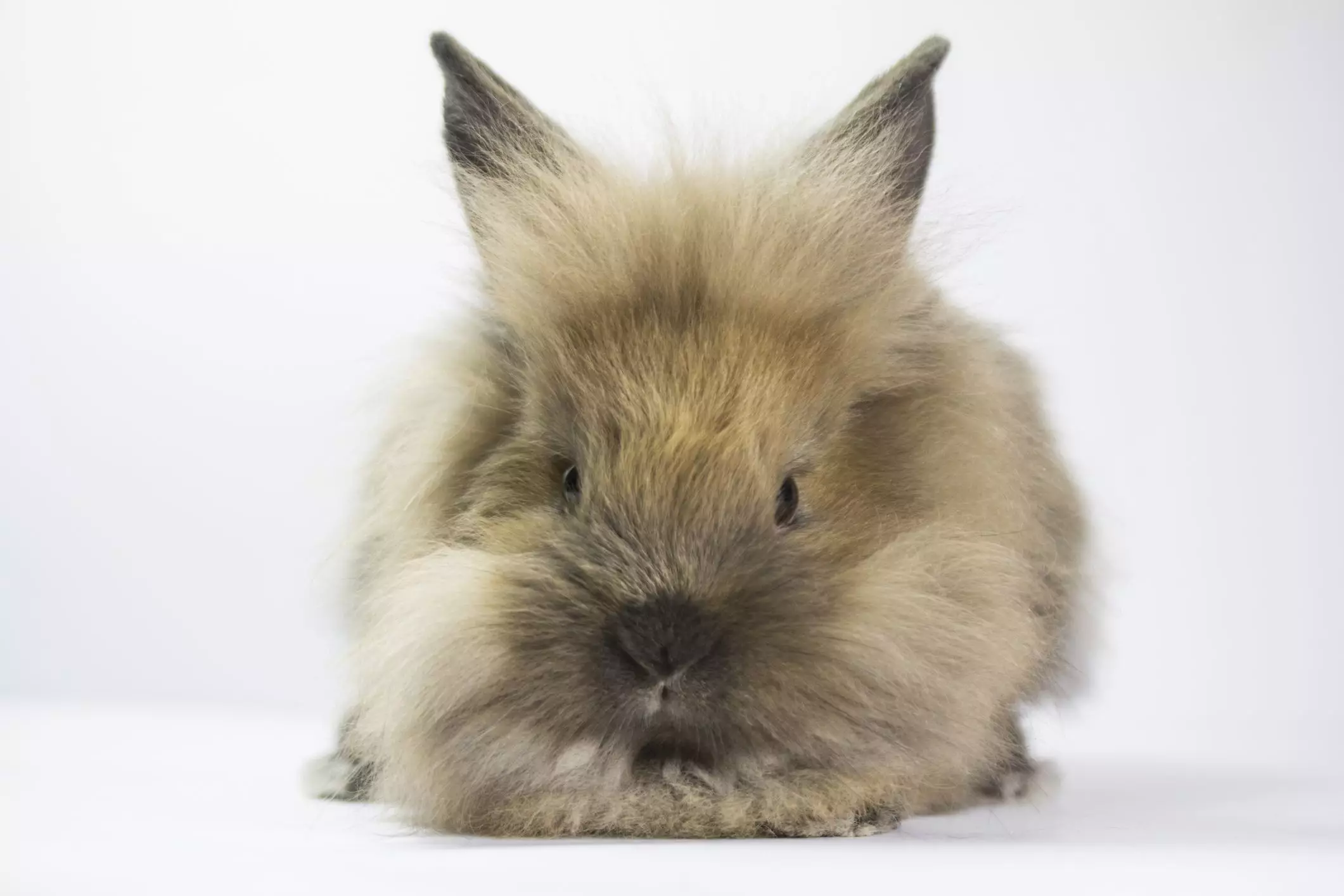Obesity is a significant health concern for various animals, including our beloved pet rabbits. While many people associate obesity solely with humans or household pets like dogs and cats, the reality is that rabbits, too, can fall victim to this condition. The intricacies of a rabbit’s diet and lifestyle largely contribute to their weight, making it essential for pet owners to be vigilant in managing their pets’ health.
The Causes of Obesity in Rabbits
One of the most prevalent reasons for obesity in rabbits is overeating. Rabbits have natural instincts to forage and graze, which can lead to excessive food intake, especially when pet owners provide easy access to high-calorie, low-nutrient foods. Many marketed treats may seem delightful, packaged attractively and labeled as “healthy”, yet they often contain high sugars and fats that should not be a part of a rabbit’s regular diet.
Moreover, the environment where many pet rabbits are kept plays a crucial role in their overall activity levels. Most pet rabbits are confined to cages, which limits their ability to move freely and engage in natural behaviors such as running or hopping. As a direct consequence, these domesticated rabbits tend to have a net caloric surplus, leading to weight gain.
When a rabbit becomes obese, it faces several health risks that can drastically affect its quality of life. Excess body weight places additional stress on the rabbit’s joints and organs, leading to potential issues such as pododermatitis, commonly known as bumblefoot. This condition arises from the pressure exerted on their feet, which can cause inflammation, pain, and infections. Obesity is a predisposition factor for these ailments, as the extra weight hampers a rabbit’s ability to groom itself properly, creating opportunities for skin and health problems to develop.
Another serious consequence of obesity is gastrointestinal stasis, more commonly referred to as ileus. While multiple factors can cause ileus, an overweight rabbit is at a significantly higher risk due to an improper diet and insufficient exercise. Such digestive issues may lead to severe discomfort or even life-threatening situations, warranting swift veterinary intervention.
Understanding whether your rabbit is at a healthy weight requires knowledge of body condition scoring. This method assigns scores based on physical attributes and can be pivotal in determining if you’re keeping your rabbit in a healthy range. A scale typically runs from one to five, with three being the ideal score. A healthy rabbit should have ribcage that can be felt without too much difficulty yet is not overly prominent.
If you are uncertain about your rabbit’s condition, don’t hesitate to consult a veterinarian. They can guide you through the scoring system and provide tailored advice regarding maintaining your rabbit’s weight.
Strategies to Prevent Obesity
Prevention is undoubtedly better than cure. The cornerstone of preventing rabbit obesity lies in a well-balanced diet, centered around unlimited access to grass hay. Unlike pellets or store-bought treats, hay is low in calories while high in fiber, which is essential for healthy digestion. If you wish to reward your rabbit, consider fresh fruits and vegetables in moderation instead of unhealthy snacks.
In tandem with a proper diet, providing ample exercise is crucial. Rabbits thrive on movement and should ideally be allowed to roam freely in a safe area of the house or a spacious, enclosed pen. This access to larger areas not only supports physical health but also adds mental stimulation, reducing boredom and the risk of destructive behavior.
If space constraints necessitate that your rabbit be caged at times, plan for dedicated exercise sessions. Aim for at least three hours of exercise daily, allowing your rabbit to explore and engage in physical activity. Consider using rabbit harnesses for safe outdoor exploration, which combines exercise with the joys of fresh air.
In summation, pet owners must be proactive in ensuring their rabbits remain a healthy weight. Understanding the causes of obesity and its potential repercussions is vital. By adopting a balanced diet of primarily hay, monitoring portion sizes of pellets, and providing plenty of opportunities for exercise, you can significantly mitigate the risks associated with obesity in rabbits. Your commitment to your rabbit’s health will lead to a more vibrant and longer life, filled with the joys of hopping, binkying, and companionship.

